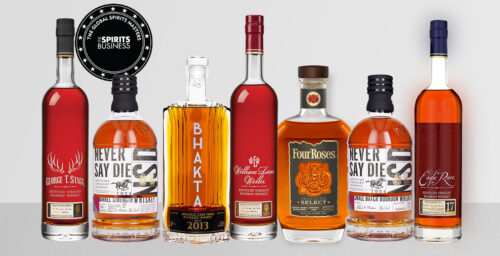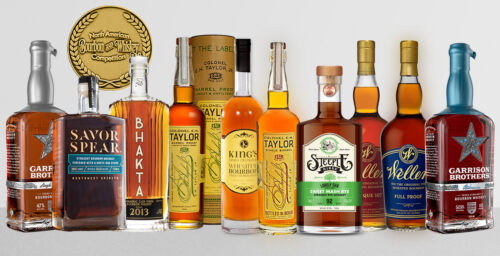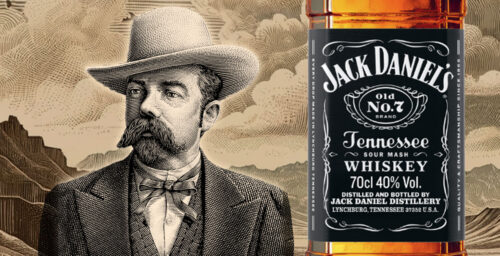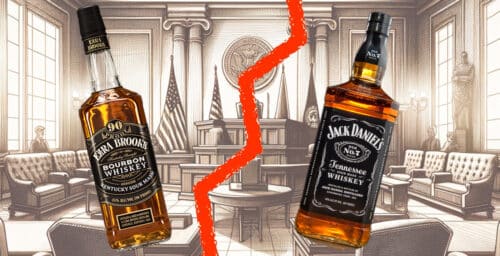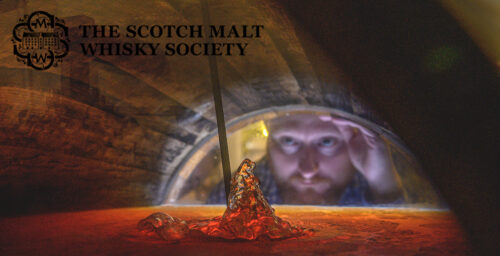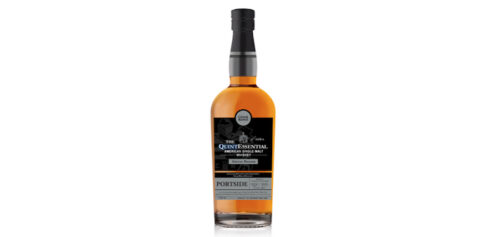Ian Buxton, for those that don’t know him, has being paying attention to the world of whisky through his writings and endeavours for quite some time. A former marketing director of one of Scotland’s more popular single malts, consultant to numerous distillers, a “Keeper of the Quaich” (the highest accolade in Scotland) and the accidental owner of a derelict distillery, he’s been in the business for 30 years and counting.
Buxton has, of late, been promoting the 5th edition of his popular whisky book 101 Whiskies To Try Before You Die. He has a philosophy in it of bringing to attention bottlings that hit “the sweet spot of quality and value.” To learn more of what this means, we recently interviewed him. Note this interview has been edited for clarity and brevity.
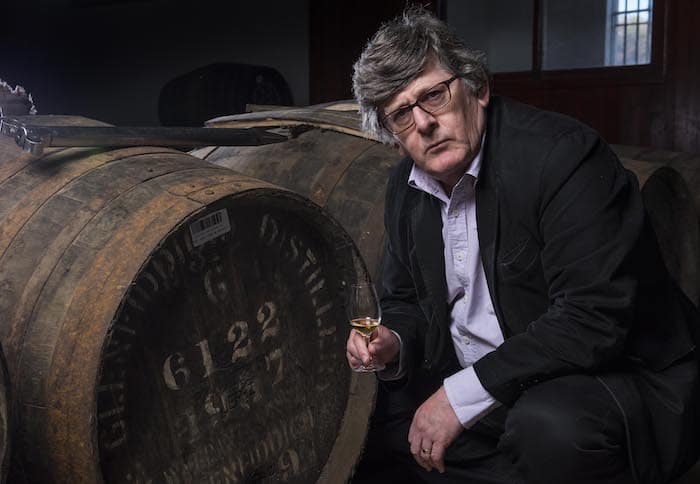
The Whiskey Wash (TWW): Today we’re with Ian Buxton, who is a legendary whisky writer in years and years of covering this space. Ian, thanks for taking some time to chat with us about just what you’re doing.
Ian Buxton: Oh, you’re very welcome. Thank you.
TWW: Let’s talk a little bit about when you first got into whisky writing.
Buxton: It must be over 20 years ago. At that time, my wife and I were running a consulting practice in Edinburgh, actually more than about 25 years ago. And we were doing a lot of feasibility work and design work for heritage centers, visitor centers, and a little bit in the distilling industry at that time. I’d previously worked in brewing and distilling, but set my own consulting business up in ’91. And for design and fit out work that we were doing, I could never be satisfied with the standard of copywriting that I found. I could never hire copywriters I was happy with, so I ended up rewriting quite a lot of the copy, whether it was for text panels, interpretive detail, or if it was the script for video or whatever it might be, I would turn my hand to that.
And then one day, I suppose in the mid ’90s, Jamie and Riley Smith, who was trying to set up Whiskey Magazine, came to see me with Charlie McLean, who was acting as editor briefly at that time, and asked, because I had some contacts in the industry, could I introduce them to a few people? So I did that, and then they asked me if I’d like to write a couple of articles for them, which I just did for a bit of fun. Then they said, “Whoa, we need some more articles now. More articles, more articles.” And I was doing that, and one thing led to another, and then [eventually] I wrote a book about whisky.
Bit by bit, the writing kind of took over, and the consulting started to fall away. The writing turned out to be less remunerative, but rather more fun. And it just worked in with my personal circumstances as well that I could turn more time to writing and the fun that was associated with that.
TWW: When you think about the books you’re doing, talk a little bit about them, specifically the one you were just most recently on tour here in the US for. What’s changed writing then versus now?
Buxton: The book we’re talking about is 101 Whiskeys To Try Before You Die, which has just been released in its fifth edition. When I started in 2010, it focused on what I call the sweet spot of quality and value. So something that has changed enormously in that 12, 13 year lifetime of the book has been two things.
One is a huge inflation in prices, which has made it harder to pin down some of that quality value sweet spot. And the second thing, there’s now many more world whiskies out there. Whiskies from Australia, from Finland, from Israel, wherever it might be to write about, that just weren’t contenders back in 2010.
TWW: When you think about your first edition, we’re assuming it was mostly scotch?
Buxton: I think about 60% scotch at that time. The rest would’ve been predominantly American.
TWW: Now that you’ve come up to the most recent edition, do you have a rough estimate on what the breakdown is globally by category?
Buxton: There’s still a lot of scotch in there. The difference being that, back then, there would’ve been more single malts accessible and affordable. There are probably more blends in there now. I’m talking more about the value that blended whisky offers, and the quality of that I believe has gone up markedly over that period.
So they’re still in there, but [now things like] English whiskies or Australian whiskies probably account for about 20, 25% of the book.
TWW: When you think about the criteria for a whisky to get into this book, what is it?
Buxton: Does it hit that sweet spot of quality and value? It’s not what I particularly like on occasion. One of the things about the book, which is a little different from most other whisky books, is I scrupulously avoid putting my own tasting notes in there, and I scrupulously avoid giving scores. I think that if you want scores, there are lots and lots of scores to be found on lots and lots of websites, and lots of other people write about that and give lavish and extensive tasting notes.
My philosophy is that I don’t know what your budget is. I don’t know what other whiskies you’ve tasted. I don’t know what you like. I don’t know what you dislike. So if I call out a whisky and say, “Oh, this is 94 points,” or something out of a hundred, I don’t really know whether that’s going to work for you.
What I aim to do is pull out some whiskies and say, “Well, here’s an interesting whisky new world. Here’s a whisky you might have forgotten about.” I’m not going to score it and taste it, because that’s down to you. You are the one with the budget, with the home bar, whatever it might be. But what I’m saying to you is, “This is interesting.” It may be different. It might have a great backstory. I might not like it. I could often pick out whiskies that I know to be well made, classic examples of their type, but may not particularly appeal to me.
TWW: When you think about the different editions of the books you’ve had, some whiskies have come in, some whiskies have gone. How often do you change up between additions? Obviously, some bottlings are very temporary. The brand changes them or they just go out of style or whatever. But from version to version, how many bottles do you find yourself switching out?
Buxton: I revise everything of course. So even if a whiskey is phased out in the book, I kind of revisit it, make sure I’m up to date with what they’re doing. I tend to avoid those short run limited editions, because people just don’t get a chance to buy them, and they often don’t exist in that quality of value sweet spot. But I think from memory, around about 40, 45% of this book is completely new. So we ditched 40, 45% of them to freshen it up completely, because there was so much new to say.
TWW: Ian, thank you for your time, we appreciate it.
Buxton: That’s great. Thank you.

